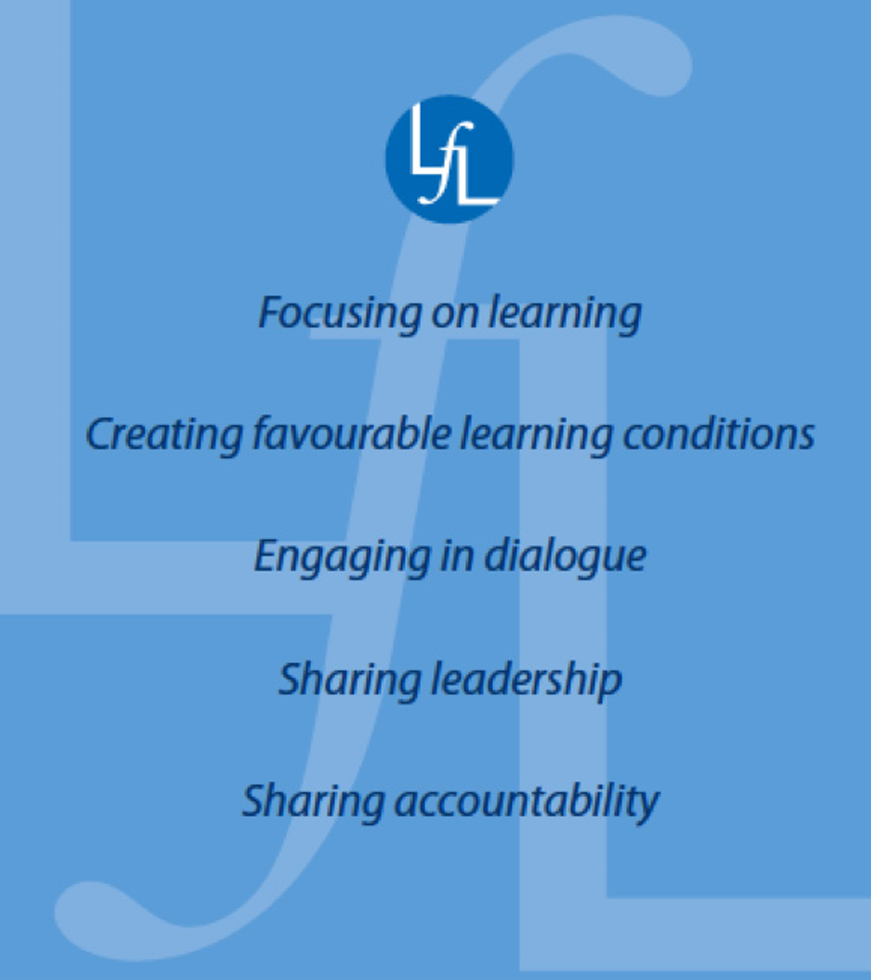
Leadership for Learning: the Cambridge Network was established at the University of Cambridge Faculty of Education in 2001 as a values-based network concerned with leadership, learning and their interrelationship. Both leadership and learning are regarded as activities undertaken by anyone and everyone, regardless of role or status.
The Leadership for Learning framework has been derived from, tested and revised, through research with schools and academics throughout the world, and can be used to guide thinking and practice. It represents the central ideas of LfL including five interrelated principles, and the recently added “four fields of endeavour”. More information, links to documents, details of key texts, and two videos are available on the network’s website. An LfL “fan” – a handheld resource capturing key elements of the LfL framework and designed as an aide memoire and to prompt dialogue – will be provided for each LfPL participant.
The Leadership for Professional Learning symposium draws directly on the LfL framework, concentrating on the “professional” level of learning, though of course it is closely connected to the student and organisational levels. The LfPL strands reflect the LfL principles:
- Strand 1 Focusing on, and conditions for, professional learning combines the first two principles;
- Strand 2 Dialogue, professional learning and leadership reflects the central third principle of dialogue, and the Faculty’s CEDiR research group.
- Strand 3 Shared leadership and mutual accountability for professional learning incorporates the fourth and fifth LfL principles;
- Strand 4 Student learning and leadership emphasises students in relation to principles one and four;
- Strand 5 Leadership within a virtual space focuses on issues of leadership in one increasingly common context where all five LfL principles are relevant.
Collaborative dialogic events and research related to Leadership for Learning have been central to the LfL Cambridge Network over the 18 years of its existence, and we very much value the partnerships with the University of Florida Lastinger Center for Learning and the Professional Development in Education journal, along with support of Cambridge Assessment and Cambridge University Press (both departments of the University of Cambridge) that the LfPL symposium represents. It is a great opportunity for continued learning, rich dialogue, establishing and strengthening international connections, and the creation of theoretical and practical research outcomes.
